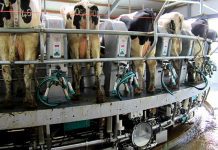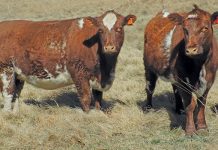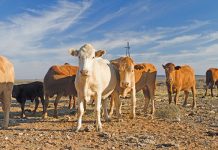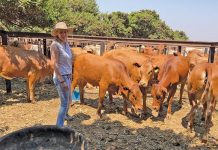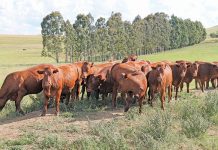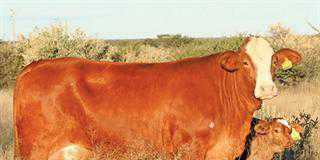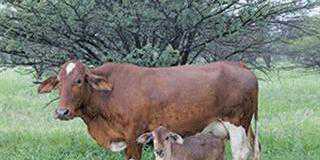“It’s distributed across SA and we’ve seen increasing reports of it as vets became more aware of its disease potential.” Venter says that WNV accounts for up to 20% of undiagnosed cases of fatal neurological disease, while less well-described arboviruses such as Shuni and Middelburg virus may cause similar numbers of cases in livestock and wild animals. Horses develop symptoms in 20% of cases, with 90% of these developing nervous signs that may prove fatal in one-third of cases.
In humans, about 20% of infected people experience flu-like symptoms, while 0,5% experience severe symptoms such as paralysis and meningitis. It can also result in coma and death. In horses, neurological signs include stumbling, weak hind and/or forelimbs, paralysis, impaired movement, partial blindness, and jaundice. In severe cases, horses cannot get up, and display quadriplegia, limb paddling, teeth grinding, muscle twitching, chewing fits, seizures and coma, before dying.
Other zoonotic arboviruses, including Middelburg, Wesselsbron and Shuni, cause similar neurological symptoms in horses. WNV and other arboviruses could thus be suspected in animals exhibiting these symptoms in late summer and autumn. Insect repellents containing pyrethroids or DEET are used as protection for horses.
“A horse vaccine is available and horses can be vaccinated annually. No specific treatment exists and symptoms are treated mainly with anti-inflammatory drugs and prevention of self-injury,” says Venter.
Send specimens from animals with neurological disease for testing free of charge to the University of Pretoria Zoonoses Research Unit. Phone 012 319 2287/2638, or email [email protected]. Visit www.zoonosesresearchunit.up.ac.za.
Source: Prof Marietjie Venter (2011). ’The West Nile Virus: An under-appreciated cause of neurological disease in humans and horses in SA’. www.capevet.net.

